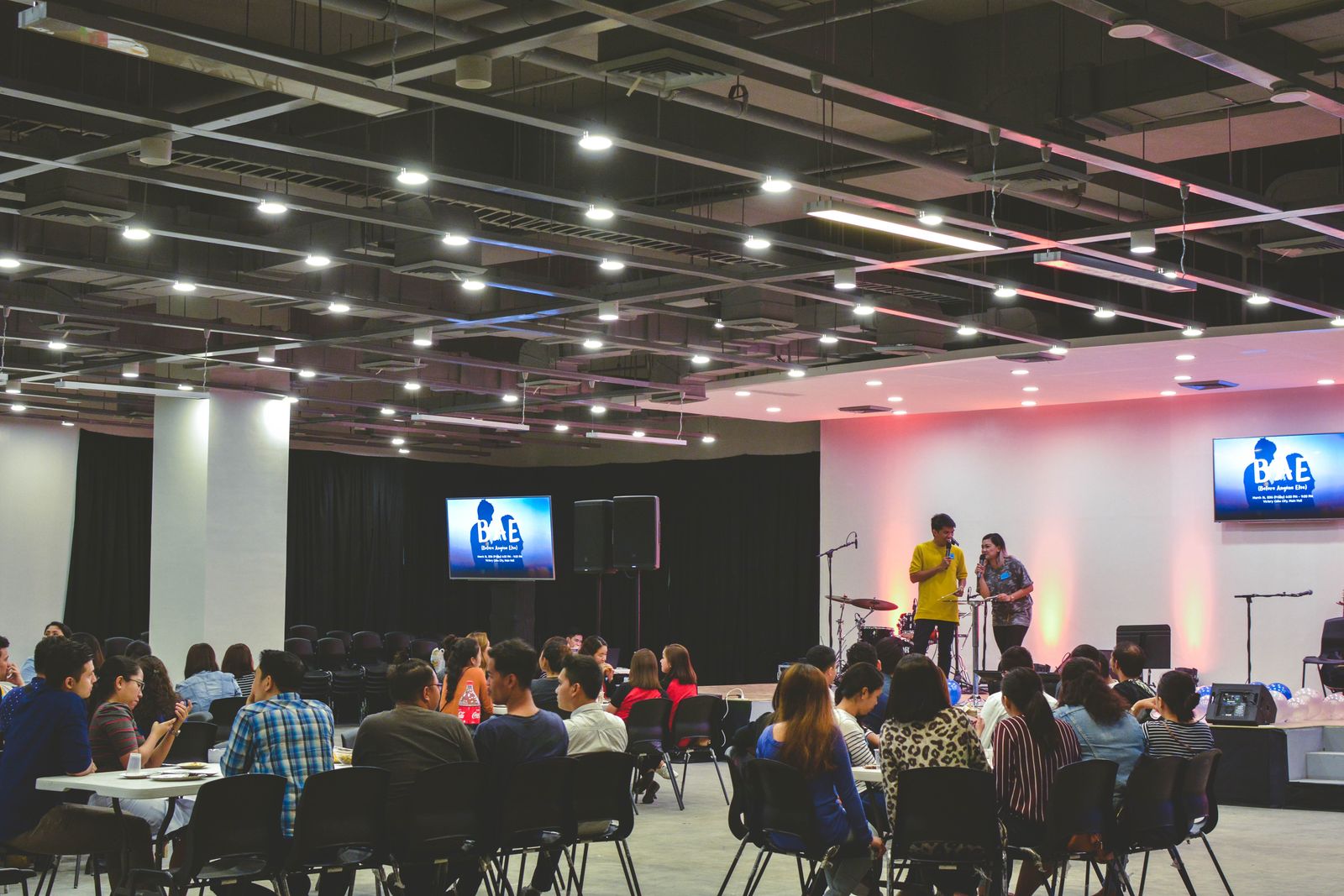Showing all posts tagged "Rfid Technology"
RFID in Event Management: The Impact and How
There is a consensus in the market that events are, by all measures, some of the most complicated things to pull off. Because just look at the concept — there is the entire process of putting together a plan, figuring out attendees, ensuring their engagement, co-ordinating for vendors, managing myriad details about the venue, and so much more. Though this does not cover even half of what it takes to successfully, it is enough to demonstrate the highly intricate nature of events. Wouldn’t you agree? So, folks in this industry are always on the lookout for newer and advanced tools that can help ease their lives and enable them to put together high-quality events every time. One such technology that has taken off well in the events industry is RFID.

Let’s discover how RFID is so relevant to events.
The tag enables the wireless transfer of data by recording data onto RFID discs, which is then read by an appropriate reading device. Why are they such a hit in the events industry? There are many reasons — first things first, they are small. Then they have minimal hardware requirements to be operational: You just need a tag, which can be integrated into a wearable accessory or a label, reader, and an antenna. And voilà, you are now ready to put RFID to work. Okay, so it is easy to use. What else? Glad you asked. Here are some of the essential benefits enabled by RFID for the events industry, which should then explain why they are so popular in the circuit.
- Accelerate entrance process: One of the worst parts of events is that bit where you have to wait in long lines to just get inside the venue. No one likes that. This problem can be effectively dealt with RFID-enabled badges, wristbands, and more that attendees only have to wave over the sensor. No waiting in line, nothing. Just walk up to the sensor, wave your badge, and you are in. And since this barely takes a few seconds, one can speed up the process of getting the attendees inside seriously.
- Ensure security and safety: In the current environment, the health and well being of attendees form a crucial element of the plan of action for the event. However, with RFID, this concern is dealt with effectively. And, in case of an incident, it becomes easier to track and account for attendees. RFID tags can also include information about dietary requirements, allergies, and more to help make it easier for the organizers to ensure their safety.
- Boost engagement: RFID tags enable the use of tons of means to engage attendees once they are onsite. For example, at photo booths, tapping the label will allow them to email pictures to themselves.
As you can see, RFID stands to help event professionals in countless ways. And if you want to use it too, get yourself a solution for online event planning with integrated RFID functionality ASAP!
Posted on April 21st, 2020

